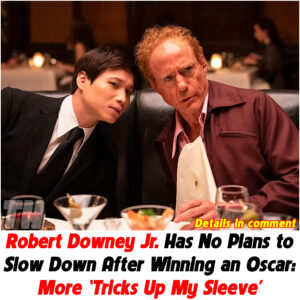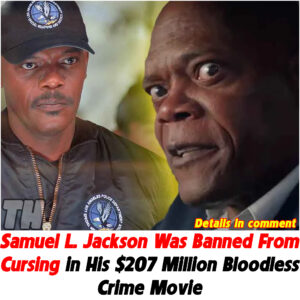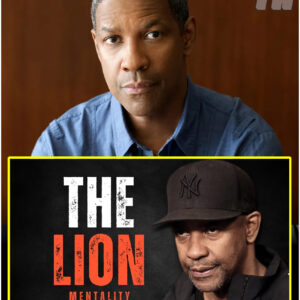The recent knockout of Paja Jamal Hill in a UFC match has sparked intense debate and analysis within the mixed martial arts (MMA) community.
The fight, which took place against an opponent identified as “P,” has raised questions about the role of referees in ensuring fighter safety and the impact of split-second decisions on the outcome of matches.

The incident in question occurred during a sequence where Jamal accidentally hit his opponent low with a kick to the hip.
Referee Herb Dean intervened to stop the action momentarily, but upon resuming the fight, Jamal appeared to relax and give his opponent a thumbs-up, signaling that they were “cool” to continue.
However, P took advantage of this momentary lapse in focus to close the distance and deliver a devastating left hook that ultimately led to Jamal’s knockout.
Upon reviewing the footage, observers have noted several key factors that contributed to the controversial nature of the knockout.
One point of contention is Herb Dean’s positioning during the altercation.
As P closed the distance and delivered the decisive blow, Dean was positioned to the left of the fighters, potentially obstructing Jamal’s view and limiting his ability to react effectively.
Furthermore, Jamal’s decision to relax and acknowledge his opponent after the low blow has been scrutinized.
While fighters are trained to protect themselves at all times, Jamal’s momentary lapse in focus allowed P to capitalize on the opportunity and launch his attack.
Critics argue that Jamal’s relaxed demeanor may have been influenced by the referee’s intervention and the belief that the fight was momentarily paused.
However, others have defended Jamal’s actions, pointing to the chaotic and fast-paced nature of MMA fights.
In the heat of the moment, fighters must make split-second decisions while under immense physical and mental pressure.
While Jamal’s decision to relax may have been ill-advised in hindsight, it is understandable given the circumstances of the fight.
The incident has reignited discussions about the role of referees in MMA and their responsibility to ensure fighter safety.
Referees are tasked with maintaining control of the fight and stepping in when necessary to prevent serious injury.
However, the subjective nature of refereeing decisions and the inherent unpredictability of MMA bouts mean that mistakes can and do occur.
In response to the controversy, some have called for increased training and accountability for MMA referees to minimize the risk of similar incidents in the future.
Others have suggested implementing additional measures, such as instant replay, to allow referees to review critical moments and make more informed decisions.
Ultimately, the Paja Jamal Hill knockout serves as a reminder of the high stakes and inherent risks involved in professional combat sports.
While Jamal’s loss is undoubtedly disappointing, it also highlights the need for continued scrutiny and improvement within the MMA community to ensure the safety and integrity of the sport for fighters and fans alike.
News
(VIDEO) Dana White REACTS to Mike Tyson vs Jake Paul POSTPONED FIGHT
**Anderson Silva and Chael Sonnen: From Boxing Match to Hall of Fame Induction** In an unexpected turn of events, former MMA rivals Anderson Silva and Chael Sonnen…
(VIDEO) Mike Tyson Just ANNIHILATED Jake Paul And WARNED To FINISH Him!
**Iron Mike vs. The Problem Child: The Showdown of Eras** The boxing world is abuzz with the upcoming clash between two unlikely adversaries: the legendary Mike Tyson…
(VIDEO) MIKE TYSON SCARY NEW FOOTAGE!👀(FULL TRAINING) Mayweather, Lennox & Joe Rogan WORRIED for JAKE PAUL??
### Mike Tyson vs. Jake Paul: The Fight That Never Was The world of boxing thrives on spectacle, and few events captured the public’s imagination like the…
(VIDEO) Joe Rogan Just RIPPED Jake Paul After He Quit Mike Tyson Fight
### Jake Paul vs. Mike Tyson: The Fight That Never Was In a world where spectacle often triumphs over substance, Jake Paul’s announcement to fight Mike Tyson…
(VIDEO) Floyd Mayweather Just WARNED Jake Paul To CANCEL Might Tyson Fight
### Jake Paul vs. Mike Tyson: The Looming Showdown and Floyd Mayweather’s Dire Warning In the ever-dramatic world of boxing, a potential clash between social media sensation…
(VIDEO) Joe Rogan Just EXPOSED Jake Paul With LEAKED Audio Files For BRIBING The Referee
In an unexpected twist, a leaked video has surfaced showing a private match between Jake Paul and Mike Tyson, revealing that Paul had to pay approximately $100…
End of content
No more pages to load











